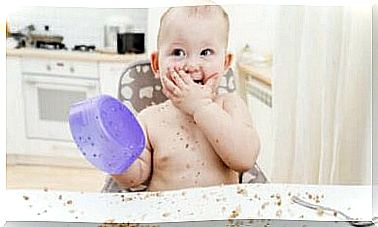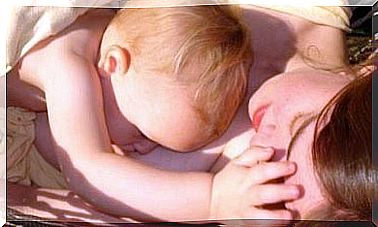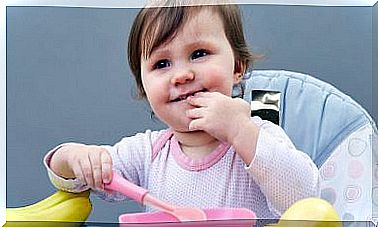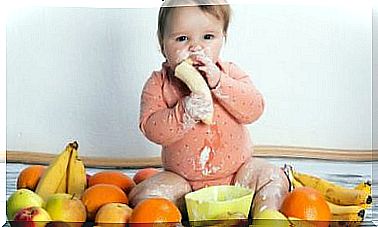The Importance Of Iron In A Baby’s Diet
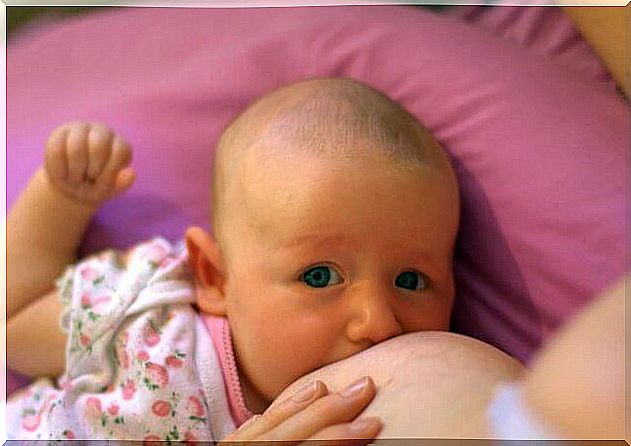
Having iron in a baby’s diet is very important, mainly because it prevents diseases such as anemia – one of the most common problems in the growth phase. This is especially important during the period 0 and 12 months.
According to the US (IOM), it is recommended that children between 6 months and 1 year take 11 mg of iron a day. For children between 12 and 36 months, 7 mg a day is recommended.
To add it to your diet, there are certain foods that are better than others.
From the moment your baby starts eating complementary foods, his diet must include iron.
Here are some recommendations:
- It is recommended to avoid milk with a low iron content, such as cow’s milk, goat’s milk or soy milk.
- It is recommended to reduce the intake of those that contain constituents that interfere with the absorption of iron or other nutrients, such as fiber, calcium, oxalates, phytates and phosphates.
- It is important to introduce foods such as meat and fish in the form of puree at six months of age.
- The baby should preferably get food that contains vitamin C, which helps with iron absorption.
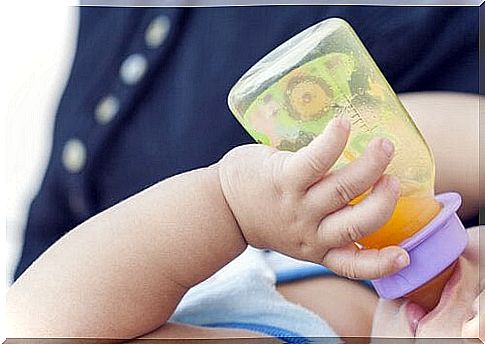
- The daily intake of milk should be 500 ml.
- It is good for the baby to eat vegetable purees, such as peas, spinach, broccoli, cauliflower and beetroot.
Iron deficiency in a baby’s diet can have many consequences, with anemia being the most common. But in addition to that, the child can also get other health problems, such as:
- Latent iron deficiency: lack of iron reserves in the body
- Iron deficiency anemia: lack of red blood cells
- Damage to the central nervous system during the development of the cognitive and psychomotor system
- It also affects memory and learning functions
Try to include iron in your baby’s diet around 4-6 months of age. Use iron-rich foods and those that promote its absorption.
The World Health Organization (WHO) recommends that iron intake be guaranteed through fortified foods, supplements and a varied diet.
The absorption of iron is more efficient together with ascorbic acid and citric acid. The vitamin C found in oranges and other fruits improves the absorption of iron in the baby’s diet. Some experts believe that some decoctions and cow’s milk may impair the absorption of iron.
Breast milk is a great way to give your baby iron. After breastfeeding, milk replacers can provide the extra iron your baby needs.
Remember that fortified compensation may be something that is needed for a balanced diet.
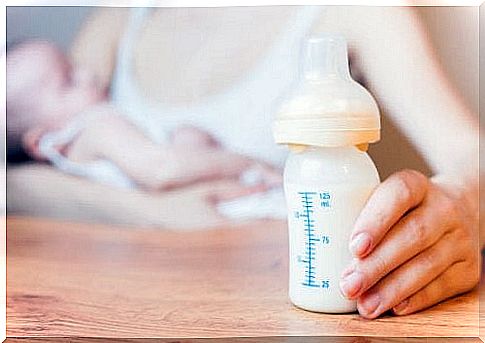
Eating iron during pregnancy is also important. Your body needs it to keep its immune system on top, in addition to the reasons below:
- The amount of blood circulating in the body increases during pregnancy, so you need iron to create more hemoglobin.
- You need more iron to approach the growth of the placenta.
- Iron deficiency anemia is linked to premature birth and low birth weight.
It is important that babies get enough iron to grow and develop. Food is very important, and lack of fundamental minerals can lead to health problems.
If you are concerned about your child’s diet and nutrition, it is important that you talk to a pediatrician for help and guidance.


